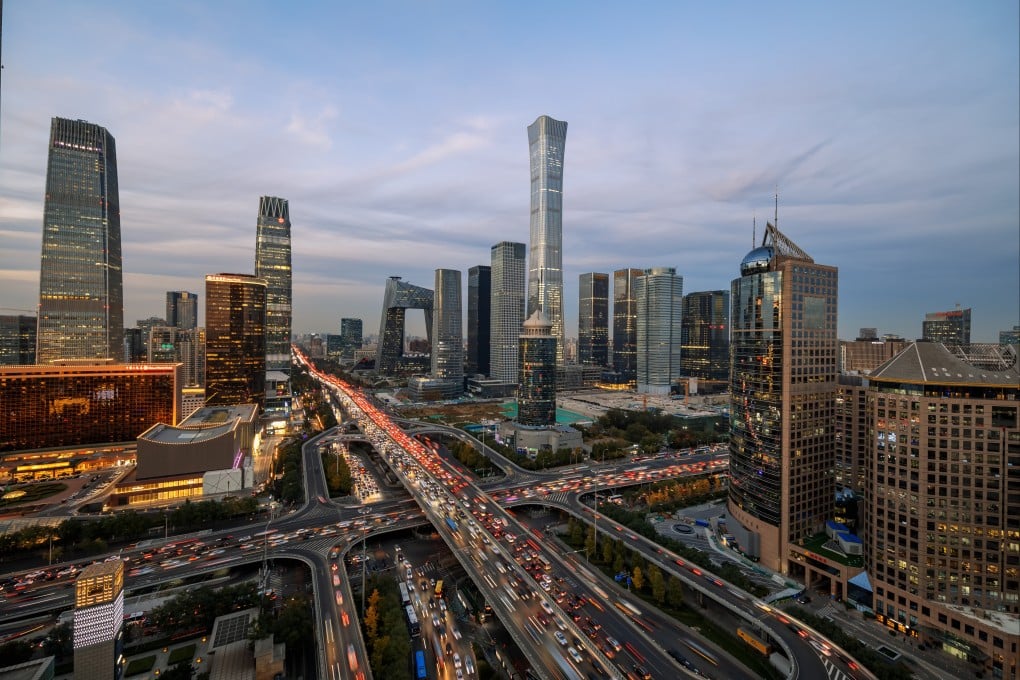Why businesses may have to ‘pick sides’ if China starts using anti-sanctions law
- New legislation could see companies taken to court if they comply with Western sanctions on China
- One legal observer says fashion companies that refuse to use Xinjiang cotton or Huawei could be targeted

They say the broad scope of the legislation could present foreign businesses in China with a major dilemma, as they may be caught between compliance with foreign sanctions and the new law that prohibits them from enforcing those measures.
Under Article 12 of the law, passed by the National People’s Congress Standing Committee on Thursday, organisations and individuals who enforce or assist foreign sanctions could be taken to court, and forced to “stop the infringement and to pay compensatory losses”.
Lester Ross, a partner at WilmerHale in Beijing, said he feared the new law would compel regulators to “reduce [companies’] discretion to determine with whom they wish to do business”.
“If so, this could have a major impact particularly on financial institutions,” he said.